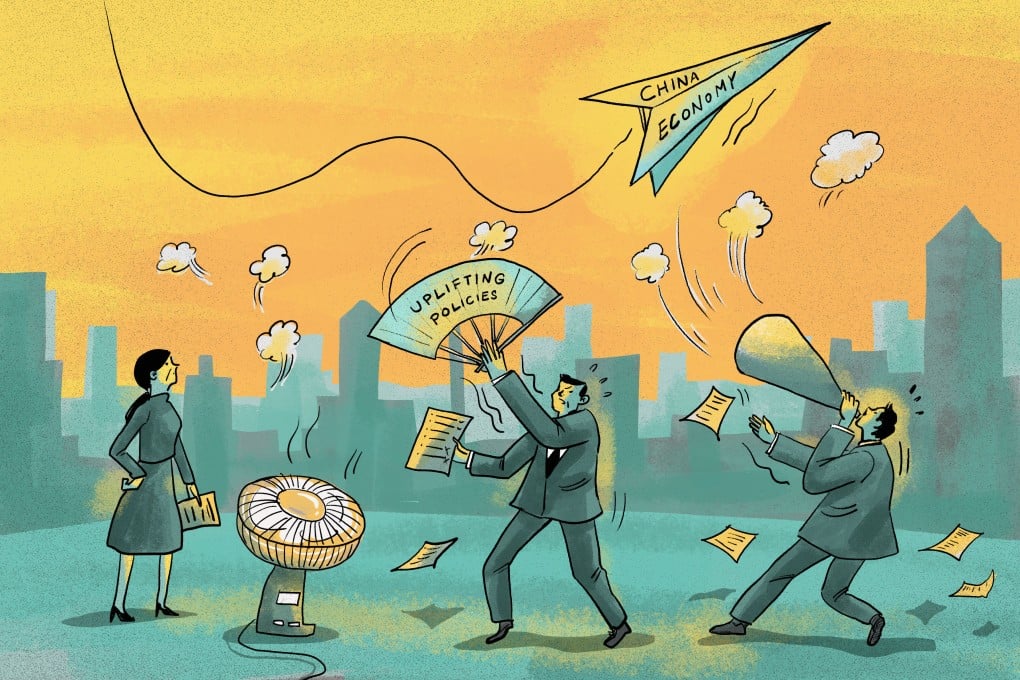China’s stimulus strategy, while not ‘whatever it takes’, is seen as long and intact
Beijing’s reluctance to use strong measures to rapidly turn tide of sluggish economy keeps markets, consumers and analysts waiting in wonder

The riddle of China’s stimulus, and what exactly it will entail, has been dutifully dissected, chewed over and speculated on for weeks. Yet, amid hopes for a revelation of sorts on Friday, Beijing opted to keep the guessing game going – with fresh vows of more forceful fiscal actions … next year.
More than a month after China’s leaders announced “a package of incremental policies” to prevent the country’s economy from further cracking under various pressures, outsiders finally got a chance to peer beyond the veil and catch of glimpse of what the National People’s Congress has been cooking up.
On Friday, the standing committee of the country’s top legislature approved an additional 6 trillion yuan (US$838 billion) bond quota to defuse local hidden debts as the government aims to significantly reduce the size of China’s local-level hidden debt – widely seen as a fiscal time bomb – from the outsized 14.3 trillion yuan level at the end of last year to 2.3 trillion yuan by 2028.
Nevertheless, interest among ordinary residents in China’s stimulus developments appears much more subdued than it was a month ago – much of the enthusiasm, ignited by an unexpected monetary policy bazooka, waned in the aftermath of three high-profile, but largely less exciting, press conferences featuring top economic officials in early October.
Compared with Beijing’s earlier piecemeal style of policy announcements, the current round of stimulus did signal a major shift in terms of its scale and proactive use of tools, which economists argued “had been delayed for years”.
But it has also become increasingly clear that the country is still reluctant to inject a strong dose to fully turn the tide of its sluggish economy all at once.
“It is definitely not ‘whatever it takes’, or at least we can’t see that as of now,” said Ding Shuang, chief economist for Greater China at Standard Chartered. “The market initially thought it was ‘whatever it takes’, and that’s one of the reasons why it felt disappointed.”
